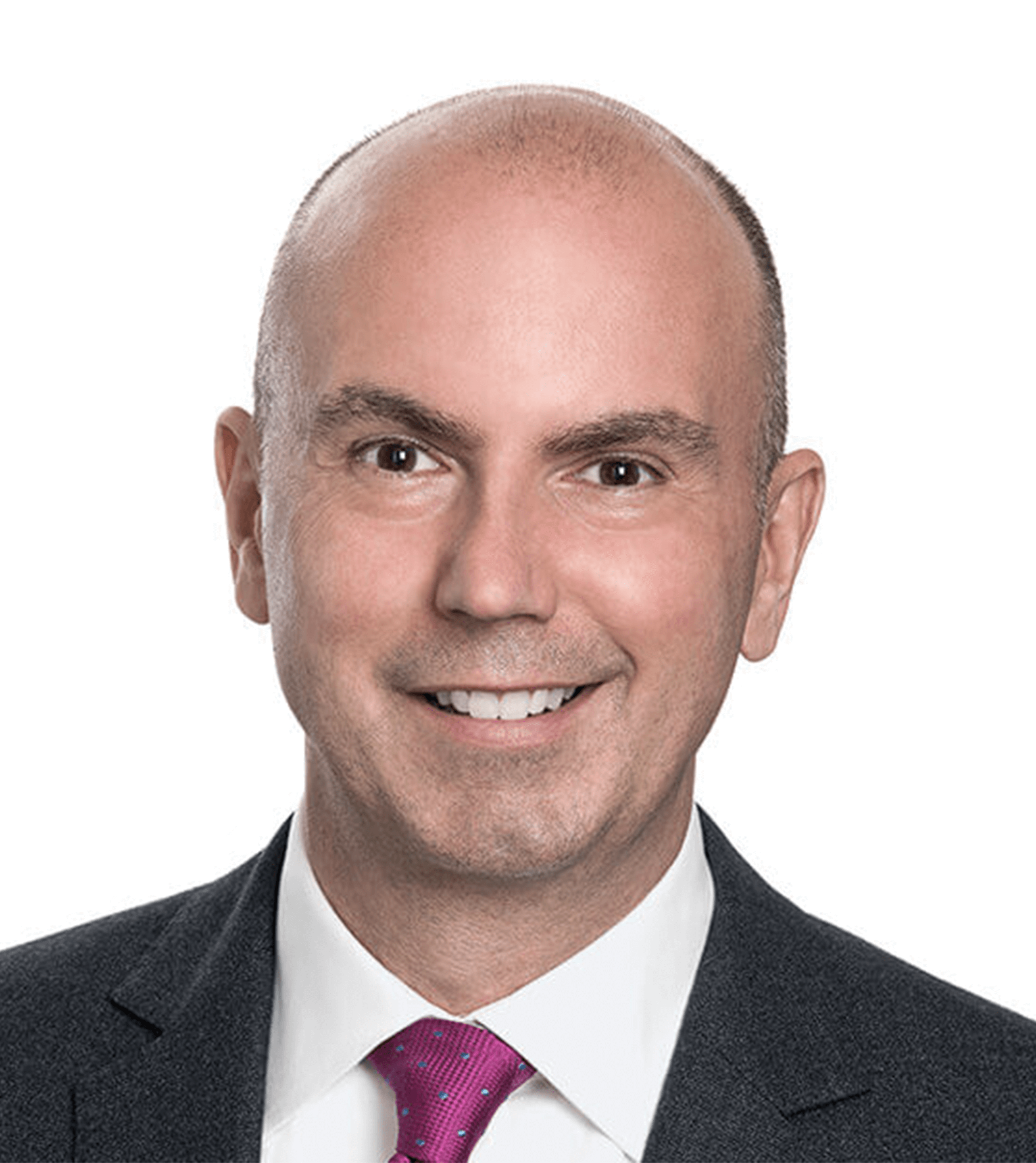- CEOCap
- Jaime Watt’s Debut Bestseller ‘What I Wish I Said’
- Media Training
- The Push Back
- Internship program
- Update Your Profile
- Homepage
- It’s time for a change
- It’s time for a change
- Kio
- Ottawa
- Art at Navigator
- Navigator Limited Ontario Accessibility Policy
- Virtual Retreat 2020 Closing Remarks
- COVID-19 Resources
- Offices
- Navigator Sight: COVID-19 Monitor
- Navigator Sight: COVID-19 Monitor – Archive
- Privacy Policy
- Research Privacy Policy
- Canadian Centre for the Purpose of the Corporation
- Chairman’s desk
- ELXN44
- Media
- Perspectives
- Podcasts
- Subscribe
- Crisis
- Reputation
- Government relations
- Public affairs campaigns
- Capital markets
- Discover
- studio
- How we win
- What we believe
- Who we are
- Careers
- Newsroom
- AI
- Empower by Navigator
- Environmental responsibility

Love him or hate him, Pierre Poilievre’s rise as the new federal Conservative leader speaks to the massive realignment in Canadian politics. Poilievre rode to a landslide victory with a platform characterized by a resurgent emphasis on individual freedoms, resistance to political correctness, and a strong desire for concrete action to make life more affordable.
Poilievre is not just betting on the support of the traditional male blue-collar worker, but the broad-based support of the Canadian working class, many of whom were far from insulated from the impacts of the pandemic. Unlike his Liberal rival, Prime Minister Justin Trudeau, Poilievre will seek to find and use the unifying sense of anger and helplessness many Canadians still feel in the face of forces beyond their control, whether they are inflation, viruses or hurricanes. From across the country, here is what you need to know about the movement that delivered Poilievre his victory and what it says about the Canadian opinion landscape.
British Columbia
By Alex Shiff
Associate Principal
Metro Vancouver and the Lower Mainland are key to the Conservatives’ victory in British Columbia. Poilievre and his team know this and spent significant time in those areas during the campaign. Poilievre managed to attract large crowds of supporters drawn to his distinctive brand.
Poilievre’s message is uniquely well-suited to win back suburban ridings in B.C. His focus on housing and affordability speaks to B.C.’s millennials, who have seen their standard of living decline as costs climb under Trudeau. Poilievre’s personal story and emphasis on entrepreneurship, freedom of expression and religion has also ingratiated him with immigrant communities that have significant presences in suburban B.C.
British Columbians can expect Poilievre to spend much of his time as leader campaigning in Metro Vancouver and fine-tuning his message to the suburban voters who are key to his path to 24 Sussex.
Alberta
By Lauren Armstrong
Senior Consultant
Albertans see a housing and inflationary crisis looming and are anxious to protect the livability of our major cities. For an incoming leader of the federal Conservative Party, Alberta will always be the heartland, the home base, the source of hundreds of thousands of votes and tens of millions of dollars. But to keep momentum and the funds flowing from Alberta donors, Poilievre, a Calgary native, will need to avoid landmine social issues and extract tangible wins, particularly on pocketbook issues.
At the same time, he’ll need to find a balance between opposing Trudeau’s policies, particularly those that are perceived to hurt the working class, without jeopardizing the areas where business and both the provincial and federal governments co-operate, like on carbon capture and storage. This is the same challenge posed to Alberta’s premiers for decades — talk tough in public and negotiate shrewdly behind closed doors.
Saskatchewan
By Jim Billington
Associate Principal
Saskatchewan lays claim to the title of most conservative province in Canada, with all 14 electoral districts currently represented by Conservative MPs. Poilievre is all but certain to continue the party’s electoral dominance of the province, which is summarily driven by outright disdain for Trudeau and his governing Liberals.
Where previous Conservative leaders saw success railing against key pieces of the Trudeau environmental agenda, Poilievre too will see success. The broader question he faces will be whether he can deliver on the priorities of his many supporters in the “Land of the Living Skies,” a task his two immediate predecessors were unable to achieve.
Political disdain for the Trudeau government has prompted serious discussions around increasing provincial autonomy, preoccupying Saskatchewan Premier Scott Moe’s focus of late. Like Québec, Saskatchewan can expect to have an ally in Poilievre in the journey for increased provincial autonomy, leaving the new Conservative leader to balance the demands of his western base with the priorities of voters in other parts of Canada who may have little appetite for entertaining Prairie grievances.
Québec
Par Philippe Gervais
Directeur principal
Quebec is living through a political realignment not seen for generations. Four years ago, François Legault’s new Coalition Avenir Québec (CAQ) won the province. In the process, he pushed aside two heavyweight parties sharing power since the late 1960s. This was reinforced on Oct. 3, when the CAQ won a landslide re-election with a Montreal-shaped hole in it. Who and what are the forces behind this realignment?
Without question, a growing number of Quebec electors are discontent and feel powerless before traditional political options. Poilievre benefitted from the province’s dissatisfaction with the status quo, helping him beat Jean Charest for the leadership of the federal Conservative Party of Canada. In the eyes of many long-time Quebec conservatives, Charest had been “the one.”
Provincially, Legault’s “protect our own” messaging demonstrates a fragmentation of the electorate, in which voters are increasingly motivated by their regional identities and by their rejection of federal overreach. Poilievre has a natural opportunity to ramp up criticism of Ottawa’s interventionist management style while maintaining connection with the guiding principles of the CPC.
National and international businesses have the challenge of responding to this realignment with strategic engagement that respects the unique identity and culture of Quebeckers. Those who fail to do so may see themselves cast away, along with the old guard of Quebec politics.
Ontario
By Clare Michaels
Associate Principal
Poilievre would do well to learn from the successes of populist Doug Ford. For businesses, that means a Poilievre-led party may be less concerned about what big employers think about party policies and more interested in what their workers think.
The Ford government has recognized the need to put fiscal conservatism on the back burner to address major systemic issues, especially those hurting working-class Ontarians. That ever-lengthening list includes inflation, hallway health care, and building out transit and highway networks to fight gridlock.
Ford’s victories in 2018 and 2022 were largely due to a concerted effort to woo those hit hardest by such issues, including the traditional enemies of conservatives — unionized workers. While Ford accumulated an impressive list of union endorsements, he also showed an uncanny ability to go around union leaders and reach members directly with pragmatic ideas on and off the jobsite.
Ford has exposed a major realignment in union politics where existing orthodoxies and ways of thinking are no longer safe. Canadian business leaders have a timely opportunity to make similar gains, finding common ground around policies and initiatives that create development opportunities and the skilled jobs that accompany them.
Atlantic Canada
By Jason Hatcher
Managing Principal
Atlantic Canada is often forgotten in the federal political calculus given the region holds a fraction of the seats other provinces do. In 2015, Trudeau swept the region, winning all 32 seats. Since then, the Conservative Party of Canada has attempted to rebuild support in the area, but only recaptured eight seats in the last election.
In terms of social attitudes, the archetype of the anti-lockdown, pro-freedom (and consequently pro-Poilievre) new conservative mould holds little weight here. Atlantic Canadians have a unique cultural landscape and, without harsh lockdowns in the “Atlantic Bubble,” the electorate has emerged from the pandemic far less divided than other parts of the country.
On the economic front, energy is a burning issue for most Atlantic Canadians. To win Atlantic Canada, Poilievre must present a more inclusive energy policy that finds synergies and alliances between the east and the west akin to what we saw in the early 1980s. To regain what was lost in 2015, Poilievre will need a strategy that goes beyond renouncing economic barriers to articulate concrete opportunities for people who often feel overlooked by the federal government.







